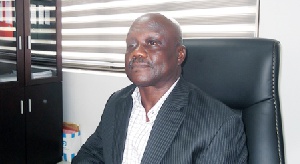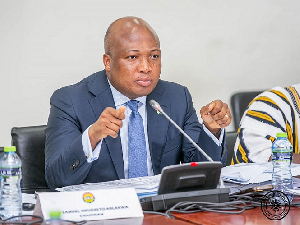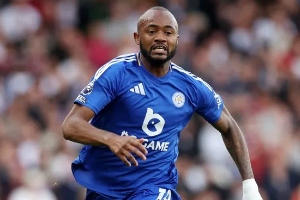Professor Newman Kusi, Executive Director of Institute of Fiscal Studies (IFS), has stated that government’s expectations that Ghana will come out of the three-year programme with the International Monetary Fund (IMF) with single digit inflation will not materialize.
According to him, the current happenings in the country’s economy do not show that inflation would drop to single digit by next year.
Ghana recorded single digit inflation in January 2013 (8.8 percent) but currently inflation for July 2016 stands at 16.7 percent.
Mahama’s assurance
President John Dramani Mahama recently gave the assurance that Ghana will come out of the three-year programme with the IMF with single digit inflation and a low budget deficit.
Speaking at the campaign launch of the National Democratic Congress (NDC) in Cape Coast, President Mahama maintained that government has been able to abide by most of the conditions set by the board of the International Monetary Fund (IMF).
“Our programme with the IMF ends next year. We will come out of it with a more robust economy. Since January, we’ve been implementing zero central bank financing. We will come out of the IMF programme next year with inflation at single digit, a deficit to GDP below 3 percent,” he declared.
Single Digit not feasible
However, Prof. Kusi believes single digit inflation is not achievable in Ghana next year.
“With inflation at 16.7 percent, how is the president going to bring it down within 10 percent by next year, through what means.”
“From the way things are going, I don’t see inflation coming down to single digit,” he said.
He added that “if government says it will not continue with the IMF deal…that depends on whether the government at the time will have the guts to take the necessary economic measures that will grow the economy, maintain micro-economic stability and reduce the debt level to sustainable level.
“We will need help from somewhere else. The IMF programme does not only deal with inflation…if you look at the programme, there are a whole lot of performance indicators that need to be achieved.”
He said, “Currently inflation is high at 16.7 percent; we have the highest policy rate at 26 percent, resulting in high lending rate and if you look at the exchange rate, even though it has stabilized for the first half of the year, it is still high, because by December 2012 the rate was GH¢1.89 to the dollar and now its GH¢4 to the dollar.
“If you look at the country’s debt level, it has increased from GH¢35.1 billion at the end of December 2012 to GH¢105 billion as at end of May this year. So if you talk about the fiscal consolidation of the IMF programme gaining ground, I don’t know.”
Click to view details



Business News of Thursday, 18 August 2016
Source: dailyguideafrica.com
Mahama’s single digit promise not feasible
Entertainment
















